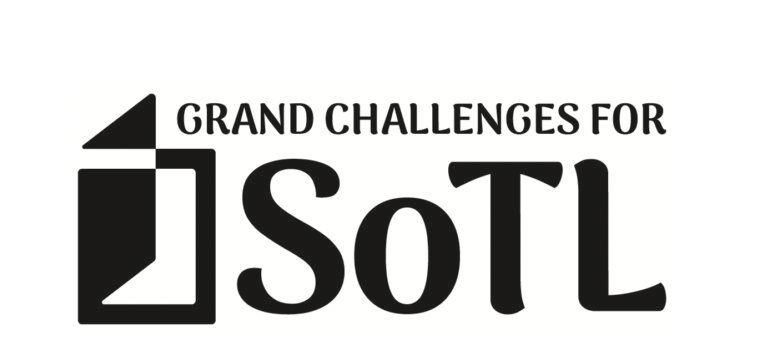A World of Possibilities
Going abroad on a university exchange is a great way to enhance your education. Whether you want to jump in with both feet by spending a full academic year at an international university, or just dip in a toe by going for one semester, you could find yourself immersed in a new culture, language, and way of life. Watch our Global Learning Ambassadors describe their experiences here: Study Abroad information video.
Where Can I Study?
Saint Mary’s has a network of more than 100 partner institutions all over the world. Check out our updated list, and see where your studies at SMU can take you!
Why not complete part of your degree program at one of our partner universities around the world? Saint Mary’s maintains academic exchange partnerships with more than 100 partner universities in 26 countries around the world. Browse the list map below or view our up-to-date list of partner universities. Not ready for a full year abroad? Many of our partners also offer summer abroad programs that last four to eight weeks.
Virtual Exchange
Here are the opportunities for virtual exchange programs.
Justus Liebig University, Germany (April - July)
University of the Arctic, - Fall (September-December) / Winter (January-April)
Contact us:
Email: global@smu.ca
Phone: 902-496-8725
Fax: 902-420-5530
Office: Atrium 106






























